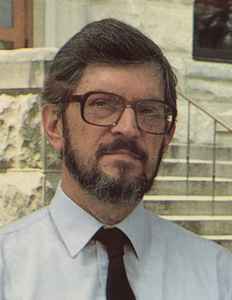Remembering Dr. Willis
I was just doing some charts, and hearing the voice of Dr. Richard Willis in my head. He was full of opinion and advice about what a composer should do on the page. A work of music isn't just sounds in space: it's also reified as notes on a page that a player has to interpret.
He would have been shocked (and scornful, no doubt) to see what we can do with computers these days. But the principles he taught us —– about ink on page, how to get the players to do what you want them to, how to do page turns and lettering and all that —– perfectly apply. I remember them well and often when I do projects like this.
I got to talking about Willis with a good friend who'd also had him. The friend writes:
I came to the US to be away from my native land. I was trying so hard to immerse myself into American culture. I wanted to do everything in the American way —– including writing music. Dr. Willis helped me to realize that I was ignoring my roots. I was trying so hard not to be Japanese. He encouraged me to embrace my Japanese-ness. He encouraged me to write with a Japanese flavor. He encouraged me to use Japanese lyrics and timbre. That's when I found myself for who I am. I don't think I would be teaching Japanese if he didn't teach me to embrace my roots. He had a big impact as a teacher of composition, but a bigger impact as a teacher of life.
Wow!!! What an incredible insight he had.
It goes right along with his ethos —– be who you are.
At his crankiest, he often ended up erasing parts of who his students were (his rule against repetition, "don't compose something your copyist could do," which, it turns out, is a silly rule; jazz and rock influence, which he considered tawdry —– till someone played him "Black Codes," which he really dug! ha!).
But he often had insights like this. College is full of people trying on hats, trying to leave home, trying out identities, imitating masters or whomever they appoint as masters. Into this, he injected sense and wisdom. You have something that no one else has: your you-ness and your background and life experience. Why *not* make that part of your voice? It already is.
What a great story. I consider myself fortunate to have had his tutelage.


Comments